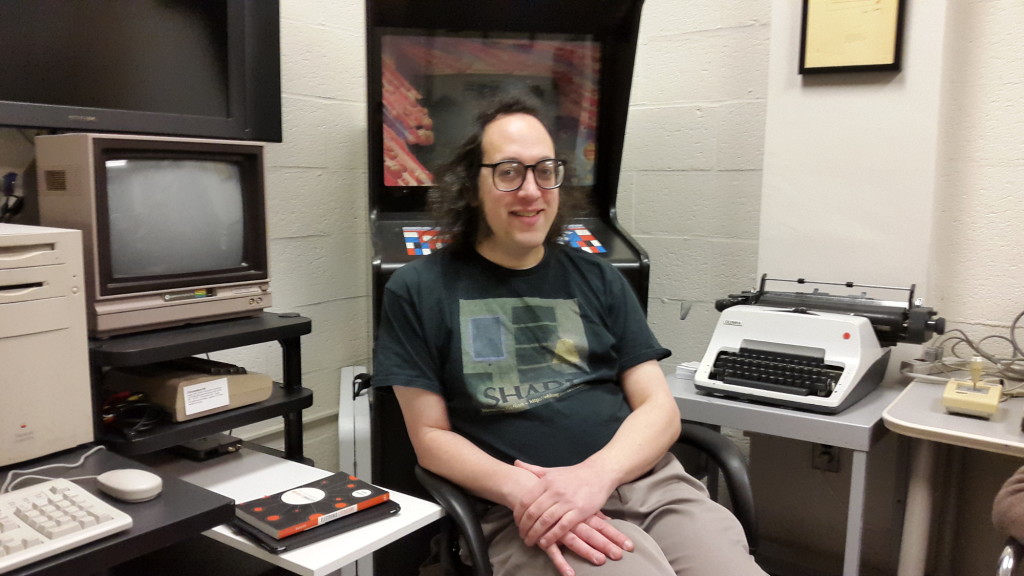Amazing Quest Q&A
Amazing Quest should be completely open to the interpretation of players, to their appreciation of it, and, if they choose, to their rejection of it.
I refrained from discussing anything about the game during the IF Comp. Now that it’s over, I am glad to answer some questions that have arisen—with the earnest hope that my answers don’t preclude people from coming up with their own interpretations and responses.
These aren’t really frequently asked questions, but they are all actually questions that have been asked at least once. When I quote directly, the quotations are from anonymous feedback from IF Comp players. Whether quoted or in paraphrase, all of these are real questions or responses that I’ve gotten.





